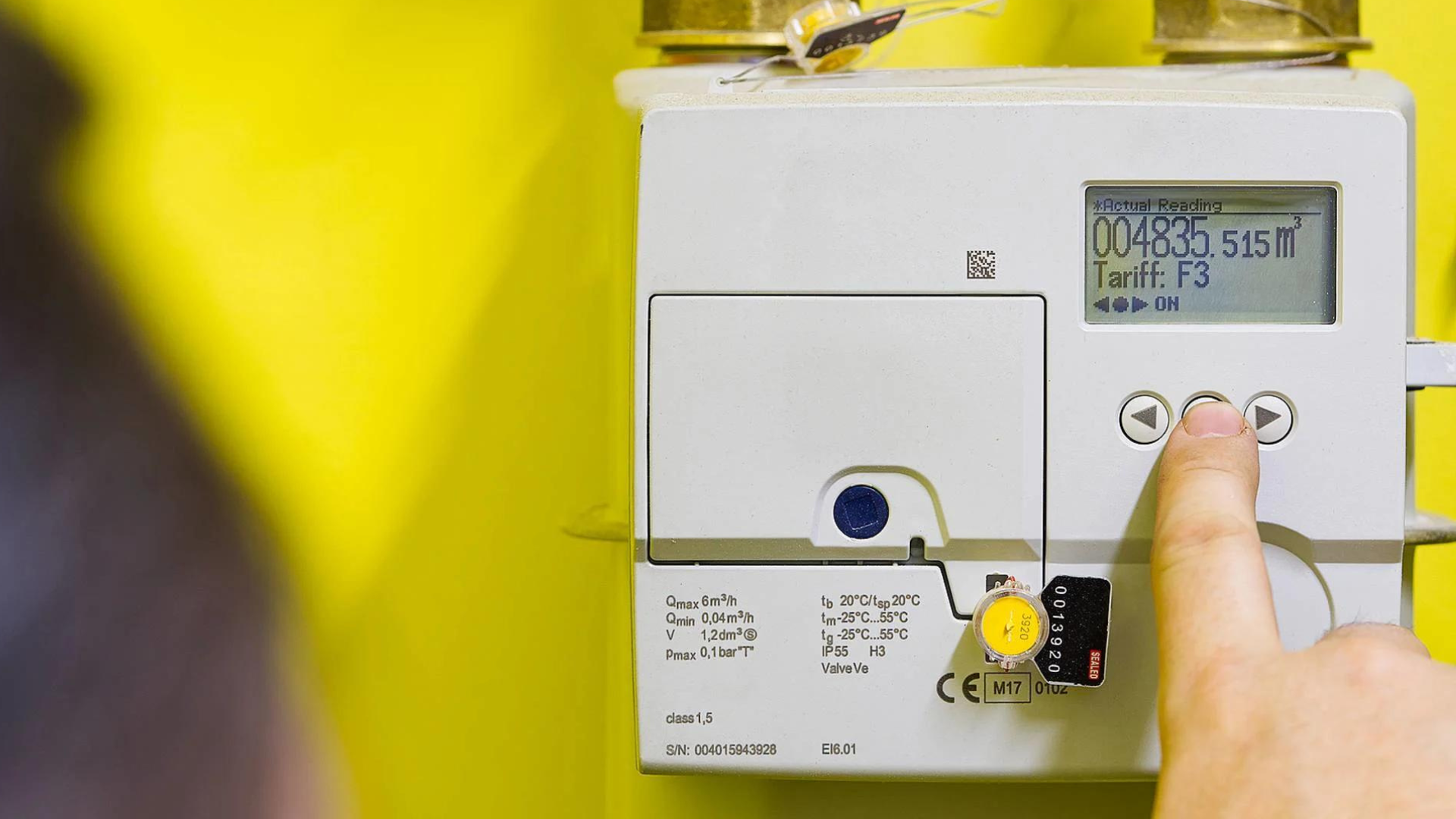How can smart meters contribute to decarbonisation?
The most recent report from the IPCC highlighted the need for businesses across the UK to adopt more environmentally friendly behaviour. As we approach the UK’s goal of climate neutrality by 2030, we have a number of targets to hit along the way. We need to act now, and we need to act fast.
Widespread adoption of smart meters by business will reduce CO2 emissions by contributing to a smarter, greener grid. But many are sceptical about their intended use.
So, what are some of the biggest questions that businesses are asking about smart meters?

How does a smart meter help with decarbonisation of the grid? And how does this help to reduce CO2 emissions?
In the UK, we’re currently making great progress on the path to fully renewable electricity. But to fully decarbonise the grid and reduce emissions, we need to ramp this up even further.
Renewable energy production is intermittent. This means that, when the sun isn’t shining and the wind isn’t blowing, we’re often not producing energy. Likewise, on incredibly sunny or windy days, we’re producing a lot more energy than we need. As a result, the grid can be unbalanced. To combat this, we need a truly smart, flexible grid.
A smart grid enables your business to communicate with the UK energy system. This reduces waste and balances resources, supporting renewable energy integration and new green technologies. One of the easiest ways to implement a flexible grid is to install smart meters. They enable businesses and energy providers to establish how much energy is required, where it’s needed and when. Subsequently, the grid can be properly balanced. Meaning we don’t need to switch on more carbon intensive generation when supply gets low or demand gets high. And, as a result, you can save money, or even make a profit by generating and selling your own electricity.
Don’t smart meters just help suppliers to view your private data?
Smart meters do allow suppliers to view some of your data. But, without this data, they can’t help you optimise your energy usage. This gives you a better understanding of how to use your energy the most effectively. In turn, you should be able to reduce the organisation’s environmental impact, costs, and energy consumption.
All of the data shared with your supplier will be governed and controlled by data security rules and regulations. Strict controls, backed up by legislation, protect the information about your energy usage – and who can access it. You can choose:
- How you want to have your data shared – including whether to share your usage data with other organisations (e.g. switching sites),
- How often your smart meter sends the data to your supplier (monthly is minimum; daily or half-hourly are optional)
How much will it cost my business to get a smart meter?
Smart meter installations are available at no extra cost.
Are smart meters safe?
Every meter – smart or otherwise – entering the market is scrutinised for safety. So, all smart meters available for installation in the UK will have passed rigorous safety tests and will exceed all the relevant UK and EU safety standards. Plus, Public Health England sees no cause for concern regarding any risk or dangers to health from smart meters.
Will smart meters be compulsory one day?
At the moment, it’s not compulsory for businesses to install a smart meter. That said, traditional meters won’t be able to keep up with new innovation as we transition to a smart grid. It’s a little like how the need for pagers died out with the development of smart phones. As a result, traditional meters will ultimately become redundant.
Smart meters are here to stay. A trusted energy partner can help future-proof your organisation as the smart grid develops.
Though they may seem small, smart meters have a huge role to play in the decarbonisation of our energy grid and ultimately reducing carbon emissions. And with plenty of additional benefits for businesses to take advantage of, there’s no reason not to make the transition. Now is the time to make meaningful actions towards combatting climate change. Now is the time to think smart.
Get smart